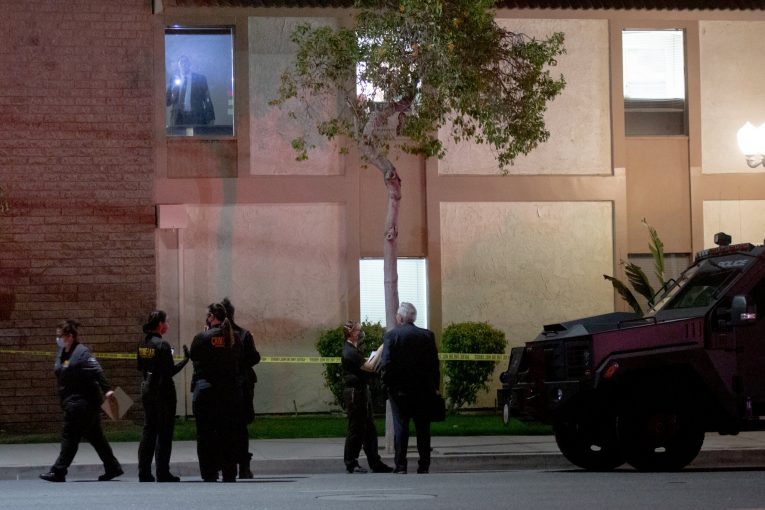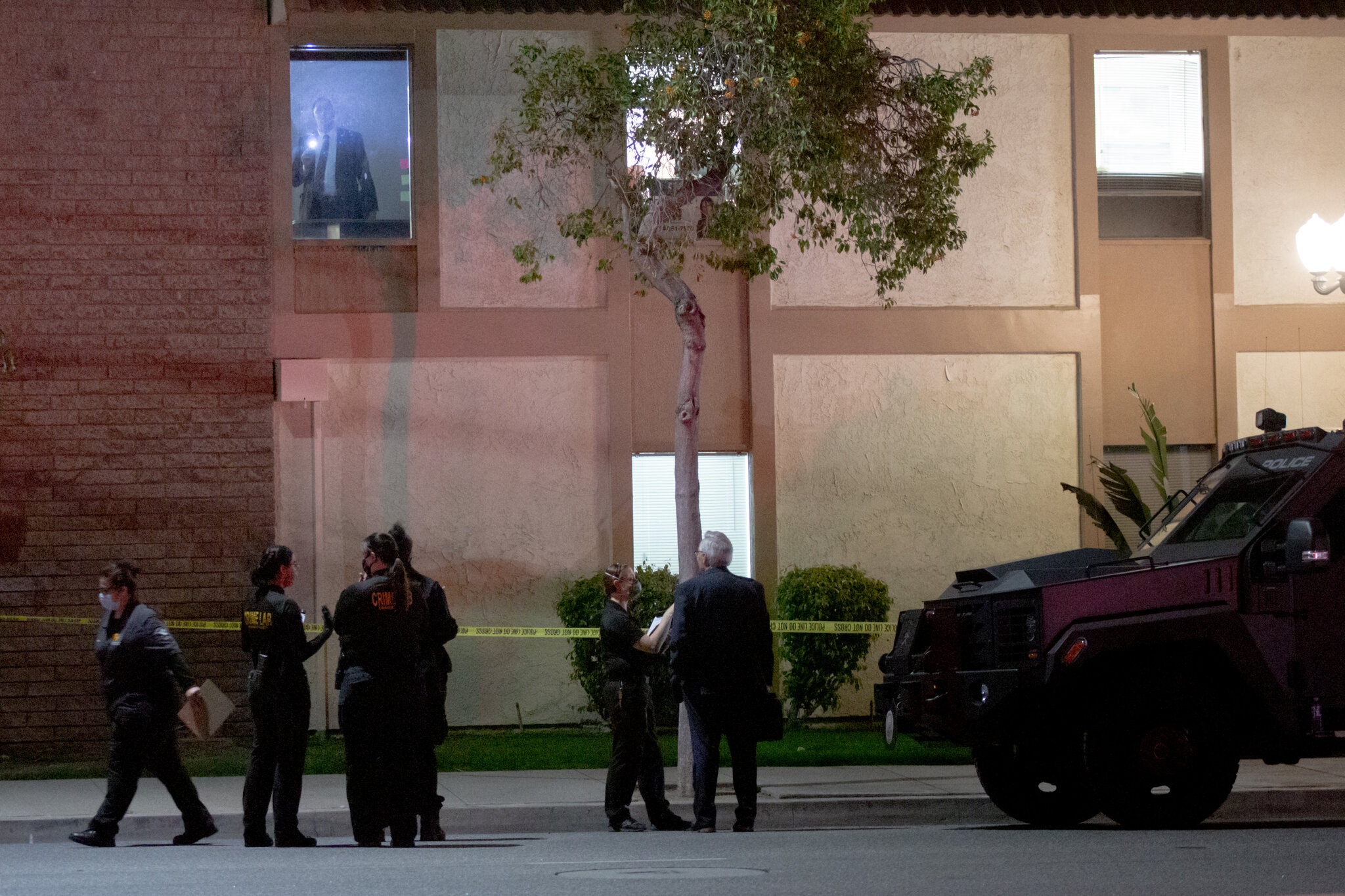

By Jacob Vito
It happened again.
On Wednesday night, four people were killed during a mass shooting in Orange County, CA. One of them was only 4 years old. This is the third shooting of its kind in the last three weeks.
I am tired of this cycle. I’m tired of waking up to hear of another tragedy, another series of senseless deaths. I’m tired of politicians sending their thoughts and prayers while refusing to heed the cries of those constantly protesting for an end to the staggeringly common bloodshed. I’m tired of living with the omnipresent fear that the next one might be in my town, my school or my community.
And as you’ve undoubtedly seen from mass shootings before, the numbers paint a depressing picture. The number of mass shootings this country holds is unbelievably disproportionate, with the US having some of the worst rates of gun violence on the planet. It feels like gun deaths occur so often in America that it can be hard to remind yourself that this is not a normal occurrence in other parts of the world.
And since this level of gun-based violence is far from average for the rest of the world, it is inexcusable to let it continue in America. Regardless of your perspective on exactly what should be done, there is no doubt that this level of senseless killing should not be happening here.
However, the perspectives of those advocating for such restrictions, regardless of how noble they may be, come from an idea of firearm inaccessibility that is simply impossible for this country to achieve. Realistically, guns will never leave the United States. The country has more firearms than people, and not even a buyback program or outright ban would stop the flow of the hundreds of millions already owned and used here.
Because of this, a different question must be asked: why are people so compelled to kill each other? After all, a gun is not motivation but a tool that happens to be particularly effective. Though the phrase’s intent may often be malicious, indeed, guns don’t actually kill people. You still need someone to pull the trigger.
Because of that, there is a more systemic issue here beyond simply the existence of firearms. There is something genuinely wrong with those who commit such acts of domestic terror.
However, such a claim is not meant to lay the blame on mental illness. In fact, mentally ill people are more likely to be victims of a gun crime than the perpetrator. Instead, situations or circumstances have been pushing these people into positions where violence seems like the only available option.
It can be from extreme levels of political extremism found online. It can be from a sensation of inadequacy in the legal process. If it is related to a greater crime such as robbery, it can be from a lack of access to the resources they need for survival. Regardless of the individual cause, what so often pushes people towards wielding guns for violence is a series of systemic failures born from a single root:
We as Americans have failed to maintain a functional and cohesive society.
We let hate speech proliferate and be nearly unchecked across the internet. We have allowed the growth of a profit-focused criminal justice system that too often incarcerates and too rarely rehabilitates. We have overseen shifts in the economy that have left millions in the cold.
Indeed, we have dug our own grave.
Now, America reaps what it has sown. Years of over-policing, underfunding, indoctrinating and fostering of hatred have made this country one of the most likely in the world for a person to feel as if hope is lost, as if the system has failed, and to load a magazine. Gun control may help stem the growth, but it will not fix a problem like this.
Mass shootings in the United States cannot be ended only by a change to guns. Instead, fixing America’s gun violence problems requires fixing the United States itself. And until such challenges can be addressed, whatever milquetoast background check law that crawls out of the senate will be nothing more than a band-aid.
And unless those real, fundamental cracks in America’s society and government can be patched, another shooting will come.
And people will send their thoughts and prayers.
And meaningful legislation will fail to pass.
And nothing will change.

Jacob Vito is a first-year Community and Regional Development major at UC Davis. He is from western Pennsylvania.
Support our work – to become a sustaining at $5 – $10- $25 per month hit the link:
